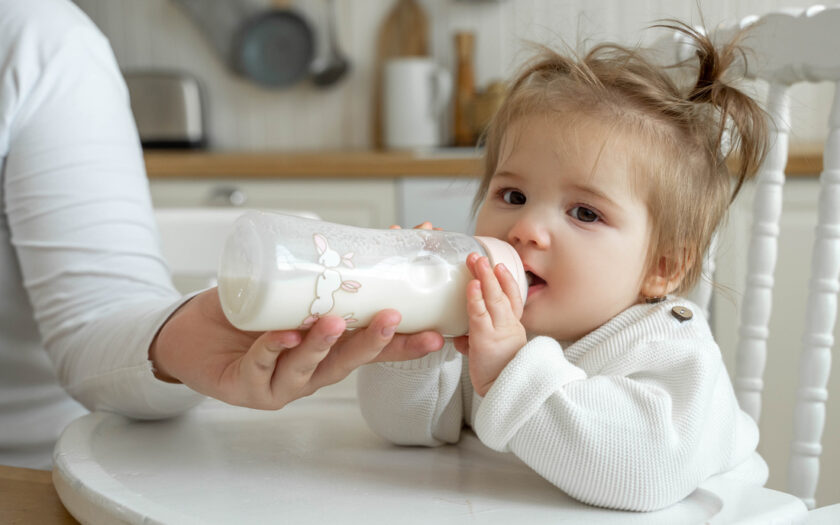Confidence is the belief in your own abilities, decisions, and worth, which allows you to face challenges and pursue goals with determination. It stems from a combination of self-awareness, preparation, and a positive mindset. Confidence enables you to take risks, handle setbacks constructively, and communicate effectively, which can inspire trust and respect from others. Building confidence involves stepping outside your comfort zone, celebrating achievements, and learning from experiences, helping you grow and succeed in all aspects of life.
What Is Confidence?
Confidence means being sure of yourself and your abilities — not in an arrogant way, but in a realistic, secure way. It’s not about feeling superior to others. It’s a quiet inner knowledge that you’re capable.
Confident people:
- Feel secure rather than insecure
- Trust their skills and strengths to handle whatever comes their way
- Feel ready for everyday challenges like tests, performances, and competitions
- Think “I can” instead of “I can’t”
Why Confidence Matters
Confidence helps us feel ready to take on life’s experiences. When we’re confident, we’re more likely to take on new opportunities and connect with others. If things don’t work out initially, confidence encourages us to try again.
When confidence is low, people might avoid trying new things or meeting new people. If they fail the first time, they may be less likely to give it another shot. A lack of confidence can prevent people from reaching their full potential.
Believing in Yourself
Has someone ever told you that you’re smart, funny, kind, or talented? Praise and recognition from others can boost our confidence — but only if we believe these things about ourselves.
To truly feel confident, you need to believe in your capabilities. The best way to build this belief is through practice and experience. Confidence grows as you use your skills and see what you’re capable of achieving.
How to Be More Confident
Everyone can work on gaining more confidence. Here are a few tips:
- Build a Confident Mindset: When your inner voice says, “I can’t,” retrain it to say, “I can.” Remind yourself that you can learn and do things if you put your mind to it.
- Compare Yourself Kindly: It’s natural to compare ourselves with others, but if it often leaves you feeling bad, it might be time to work on your confidence. Use comparisons to inspire growth, not self-criticism.
- Shake Off Self-Doubt: Self-doubt makes us feel inferior and unworthy. It can cause us to avoid people and situations that could help us grow. Challenge self-doubt and take small steps to prove it wrong.
- Take a Safe Risk: Try something slightly outside your comfort zone, like joining a club, volunteering, or speaking up in class. Each small success helps build your confidence.
- Know Your Talents and Help Them Shine: While improving weaknesses is important, focus on what you’re already good at. Let your strengths shine, and work to enhance them even further.
- Do Your Homework: Prepare for tests, projects, and other challenges. Keeping up with work helps you feel more confident and reduces anxiety.
- Dare to Be the Real You: Let others see the real you — quirks, mistakes, and all. Being true to yourself builds confidence and self-esteem.
Keep At It
Confidence levels fluctuate for everyone, even the people who seem most self-assured. If something shakes your confidence, be kind to yourself. Learn from what happened, consider what you could do differently next time, and remind yourself of your strengths. Then, get back out there!



